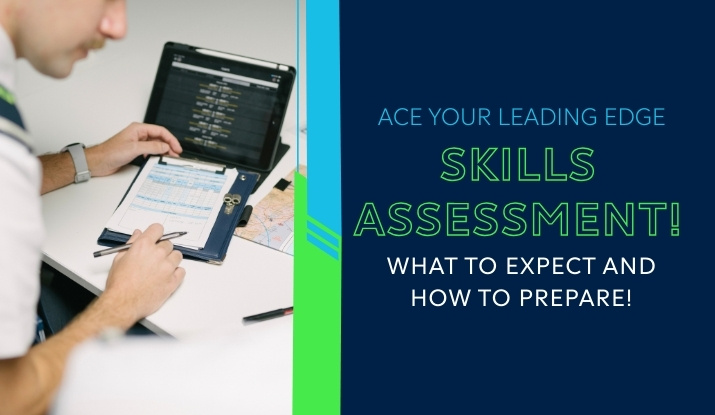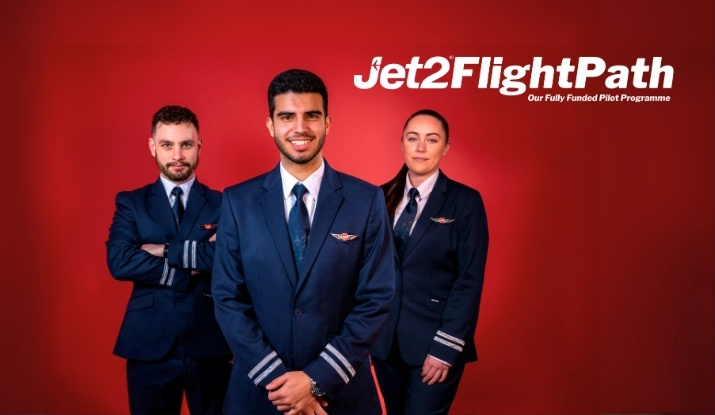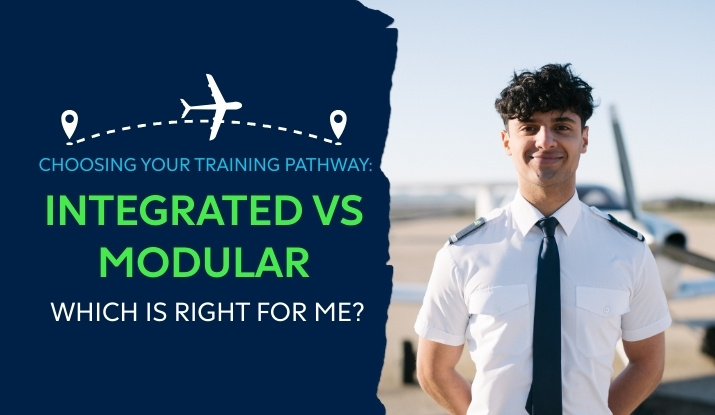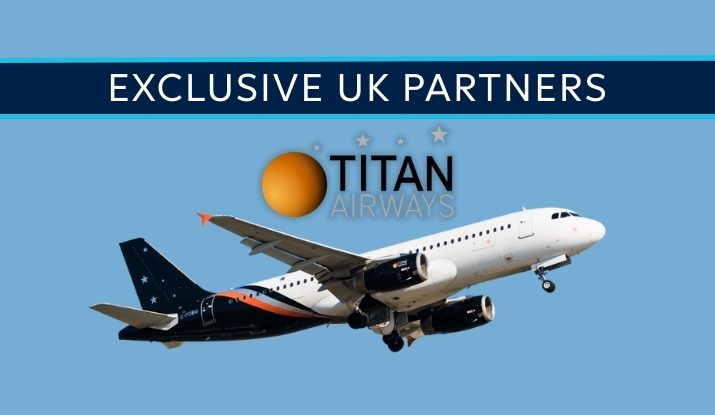By Katie Broadhurst
I really admire my children’s school. Recently, my eight-year-old has been coming home and telling us about lessons on coping with stress and adopting a “growth mindset”. You might be tempted to ask, “what stress could an eight-year-old possibly have?”. But I think that’s unfair and misses the point. Children do suffer from mental health challenges, and the way they learn to cope today will stick with them throughout their lives. Our schools have picked up on the fact that it’s essential to talk about wellbeing and mental health if our children are to live happy, healthy and fulfilling lives. And the time to talk about it is now. Not later, when life has already hit them and it’s too late.
And that got me thinking: surely, we need to be doing more of this in the aviation industry, particularly at the training stage. If even our children’s schools get it, why are we so far behind the game?
I was talking about this topic recently with Captain Mike Davidson, an A380 captain and BALPA representative. He feels that the industry has got better in recent years when it comes to addressing wellbeing and resilience, particularly in light of high-profile aviation disasters caused by mental health issues. In fact, these tragedies have forced the issue and opened up dialogue between airlines, pilots and the wider industry.
We discussed how flying is an incredibly rewarding but very challenging job. If you’re training today to become a pilot, you’re embarking on a hugely fulfilling career where you’re crossing time zones every day. Where you’re flying at irregular hours. Where you’re eating meals in the left- or right-hand seat as you fly, or in a hotel restaurant, at odd times of the day. Where you’re sat down for hours at a time. Where you’re away from home for days or weeks – away from family, friends and loved ones. Sleep deprivation, poor diet, loneliness, and lack of exercise are all risks. Fatigue alone is a huge issue for pilots as it often masks a number of other issues, which left undealt with could have catastrophic consequences.
And remember, while you’re contending with those risks, things in the flight deck won’t always go the way you want them to. One minute you’ll be flying, straight and level, in perfect weather. The next, you’ll be dealing with a storm or, heaven forbid, a technical malfunction. You have to be able to cope under pressure. You have to be at the very top of your game, all the time. The safety of your passengers and crew depends on it.
At Leading Edge Aviation, we know mental and physical health are connected, and we put wellbeing at the core of our training. Yes, we create technically excellent pilots, with all the flying skills they need to be great aviators. But that should be a given – that’s the minimum our trainees and the airlines should expect. One of the things that will push them from being a good pilot to a great pilot is strong mental health and resilience. That’s when they’ll be able to cope with stress and setbacks, with the capacity to recover quickly from difficulty – to adopt that “growth mindset”.
With some exceptions, we believe the aviation industry has shied away from talking about this topic. Perhaps ‘wellbeing’ is more openly discussed, but mental health is still a taboo. Pilots, in particular, may be worried to share that they’re feeling stress for fear of losing their jobs. Not only should we be talking about it, but we should be tackling the problem ahead of time, before the stress hits and it’s too late. We wouldn’t let aircraft take off without being sure they’re airworthy, and the same should apply to our pilots
Just like my children’s school, we’re responsible: to the airlines, so they’re confident that they have safe, resilient pilots; to the passengers, so they know they’re in safe hands; and to the pilots themselves, so they have long, fulfilling careers.
We won’t fulfil these responsibilities if we ignore the problem. So, right now, we’re in discussions with a major UK-based health and wellbeing business, to build these topics and others into our course. That’s alongside introducing workshops on managing stress, coping with exams, eating healthily, dealing with jetlag, and staying fit and exercising. We’re also encouraging the little actions with big impact, like making sure trainees drink plenty of water while they study – it’s been proven that regular hydration improves brain function.
Frustratingly, it’s still early days for this topic. But it’s not a ‘nice to have’. It’s essential for a safe, well-functioning industry.
As academies, we must now act. In fact, when we talked, Mike suggested going even further: “We must, as an industry, admit that aviation might not be for everyone. Today’s trainees should have early and meaningful discussions with people like me that can really advise and remove some of the stigma surrounding these issues.”
By being open and honest, and building resilience from day one, we can equip tomorrow’s pilots with the tools they need to manage their mental and physical health, and set them up for a long, happy, healthy and safe career in the skies.





















